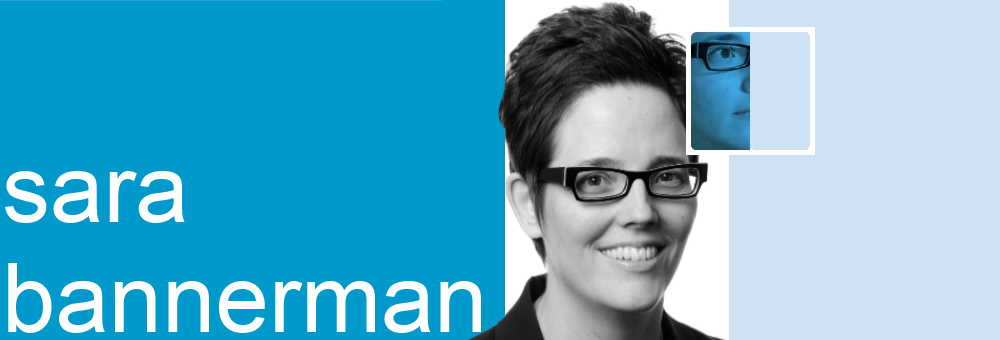While most ISPs may fall outside of this tariff, there are still lots of people that SOCAN wants to charge. They are now pressing ahead with Tariff 22 in what they are calling Phase II, the attempt to set the rates of the tariff for various types of uses, including "permanent and temporary downloads, on-demand streaming, audio webcasts, webcasts of radio or TV station signals and communications via game sites".
At the hearing today, SOCAN and seven objectors presented their opening comments.
SOCAN outlined the proposed tariff (scroll down to 'Tariff 22'), and made several last-minute changes to their proposals:
- for amateur podcasters whose programming is less than 20% music and who have no revenue, SOCAN proposed a $60 annual fee
- they reduced their proposed $200 monthly fee for campus and community radio to a $90 monthly fee
- they now propose that a low-use category be made available for simulcasters.
The Canadian Association of Broadcasters, the CBC, Iceberg (a music streaming service), a group of cable and telcos, the online gaming industry, and the National Community and Campus Radio Association all presented objections. Many objectors were concerned about SOCAN's methodology for calculating the tariff, its basis on percentage of expenses or percentage of revenue, and the types of uses it might encompass. Here are a few additional highlights:
The Cable and Telcos argued that downloading of music in online stores or onto cell phones constitutes a point-to-point communication, not communication to the public, and therefore should not fall under the tariff.
The CBC and the National Campus and Community Radio Association argued that they should not have to pay an additional fee to simulcast existing radio programming. They argue that they are using the same material to reach the same audience and should therefore not be charged twice; that they are simply transferring an existing practice onto a new medium; that they are simply following their audience onto a new technology, and that the tariff should be technologically neutral.
CRIA and Apple argued that no fees should be charged for previews of music in online stores and the like, since such previewing only increases the sales of songs and therefore pays for itself.
The Entertainment Software Alliance argued that the gaming industry prearranges all payments for any music they use in games and, especially, that games - even online ones - to not involve transmission of music to the public since the music is not transferred over the Internet but is loaded with the game software onto individual computers.
The National Campus and Community Radio Association argued that the original proposed tariff would amount to about $30 000 per station - far too much for small stations with budgets of $10 000, and even for bigger stations - and would simply cause those stations to stop broadcasting on the Internet.
There did not appear to be any representatives for amateur podcasters.
